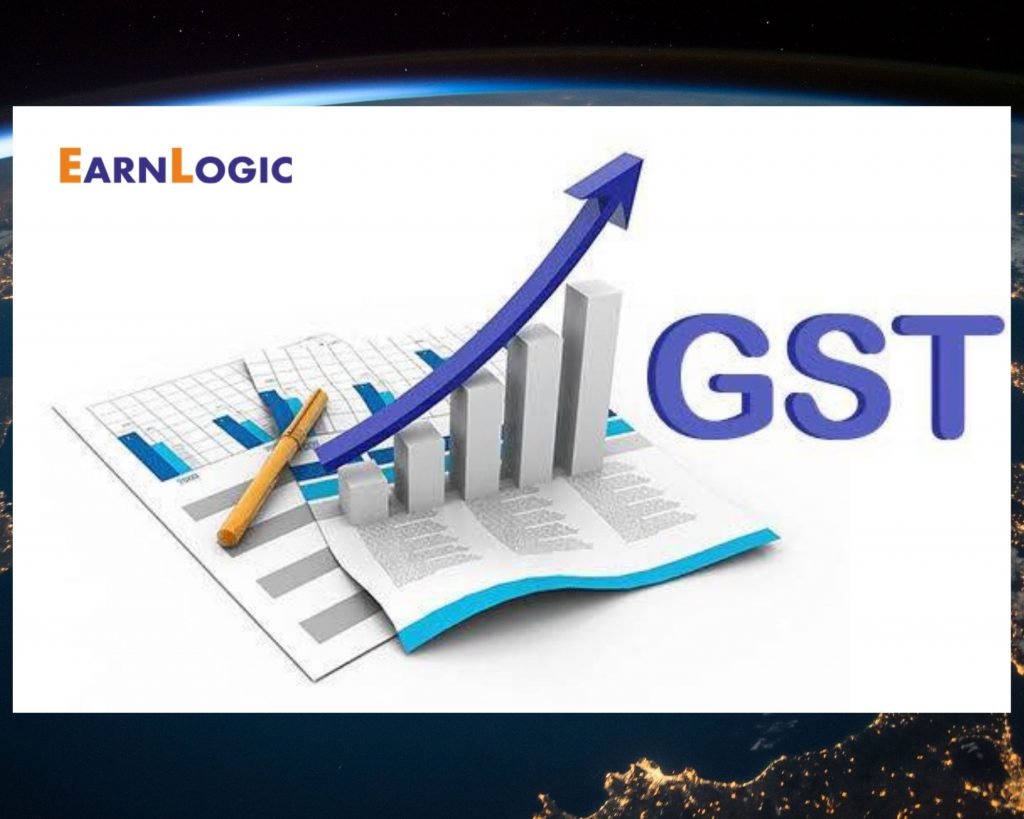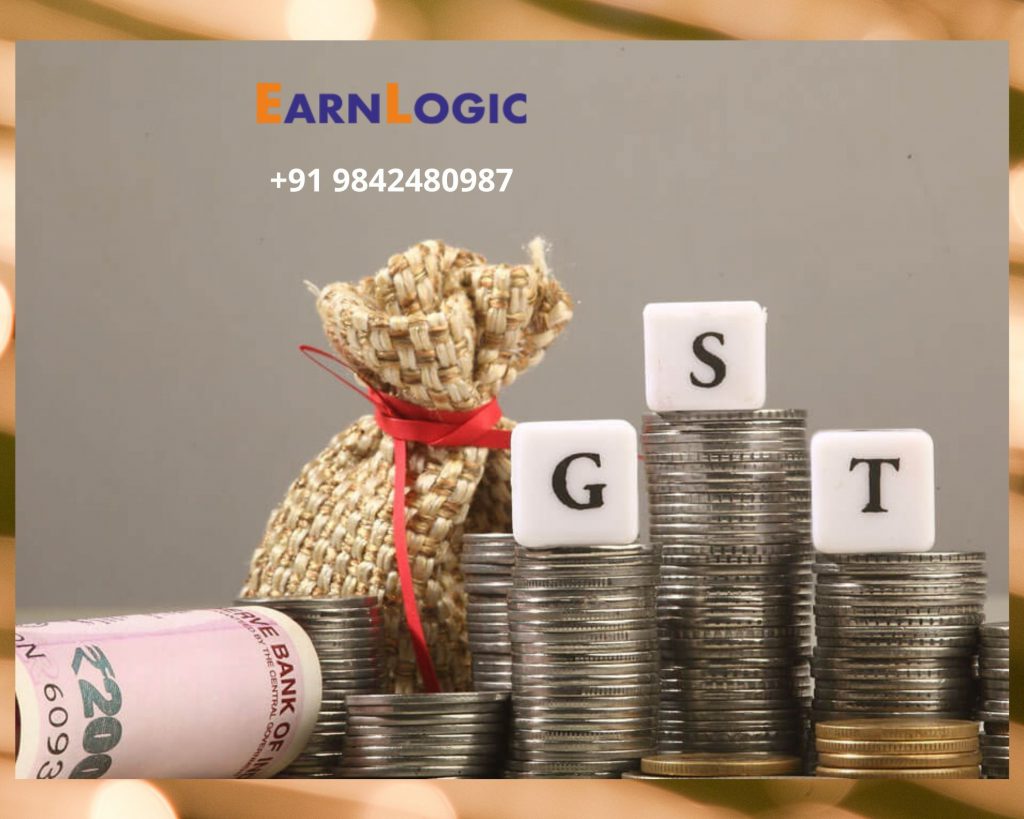GST represents Goods and Services Tax. It is an Indirect expense which acquainted with supplanting a large group of other Indirect assessments, for example, esteem added charge, administration charge, buy charge, extract obligation, etc. GST required on the stockpile of specific labor and products in India. It is one expense that is pertinent all over India.
On July first 2017, the Goods and Services Tax executed in India. Yet, the method involved with carrying out the new assessment system initiated quite some time ago. In 2000, Atal Bihari Vajpayee, then, at that point, Prime Minister of India, set up a board to draft the GST regulation. In 2004, a team reasoned that the new assessment design should set up to upgrade the expense system at that point.
In 2006, Finance Minister proposed the presentation of GST from first April 2010 and in 2011 the Constitution Amendment Bill passed to empower the presentation of the GST regulation. In 2012, the Standing Committee began conversations about GST, and postponed its report on GST a year after the fact. In 2014, the new Finance Minister at that point, Arun Jaitley, once again introduced the GST bill in Parliament and passed the bill in Lok Sabha in 2015. However, the execution of the law postponed as it was not passed in Rajya Sabha.
GST went live in 2016, and the changed model GST regulation passed in both the house. The President of India additionally gave consent. In 2017 the death of 4 valuable GST Bills in Lok Sabha as well as the endorsement of the equivalent by the Cabinet. Rajya Sabha then, at that point, passed 4 strengthening GST Bills and the new expense system executed on first July 2017.
GST Network
The GST Council has supported making the GST-Network (GSTN) an administration element by permitting the system to assume control over the stake held by private substances. Post the arrangement, the central government will claim 50% of the GSTN. The states will all things considered hold the rest of.
Post its 27th gathering on Friday, the Council divulged another worked on return documenting process that will require a citizen to record just one return consistently. Finance Secretary Hasmukh Adhia said the new arrangement of single month to month return for GST will come into power in a half year. Structure seller and zero-exchange vendors will keep on recording returns on a quarterly premise. As on date, some 30% of all profits documented are nothing returns – and that implies there are no exchanges on them, he added.
“It will require around half year for GSTN to get ready for it so for that period the current course of action of GSTR3B and GSTR 1 will proceed. This will be the main period of change where the current framework will go on for the following a half year,” said Adhia.
The GSTN is a firm that gives the IT spine to the aberrant assessment system. Discussing the GSTN’s proprietorship structure, Finance Minister Arun Jaitley, the Chairman of the Council, said the GSTN is presently 24.5 percent possessed by the central government, and a comparable rate is held by state legislatures aggregately. The leftover, 51%, is with five private monetary organizations – – HDFC Ltd, HDFC Bank Ltd, ICICI Bank Ltd, the NSE Strategic Investment Co and LIC Housing Finance Ltd.
The Council has consented to a proposition of purchasing out the stake of private elements to make GSTN an administration claimed substance, Jaitley said, adding that the central government will possess 50% and the rest of be all in all held by the state legislatures.
Digital payments, sugar and ethanol
Jaitley said the Council has alluded the issue, of giving a two percent motivating force for advanced payments, to a five-part board of trustees of state finance pastors. While most states are agreeable to giving the impetus assuming all payments are paid carefully or through checks, some need a little bad rundown, revealed PTI.
Besides, the Council conceded the choice on forcing a cess on sugar, past the GST charge rates, and the issue has been alluded to a gathering of five states. An extra charge will sponsor sugarcane cultivators, who are experiencing attributable to feeble costs. West Bengal Finance Minister Amit Mitra said a few states are not for such a toll.
The Council additionally conceded the choice on diminishing obligations on ethanol.

Specialists’ take
Abhishek Jain, Tax Partner, EY India, told: “The GST Council in today 27th Meeting has on a basic level supported the forms of the new return plan; the said being in a staged way with GSTR1 and GSTR 3B going on for a long time, single return with plausibility of temporary credit for an additional a half year and just a solitary return with credits of just solicitations transferred by provider from there on. A portion of the features being a solitary return with lurched due dates premise turnover, ongoing credit qualification premise solicitations transferred by providers, no inversion or recuperations in many situations from purchaser on non-payment of assessment, among others.”
While a portion of the thoughts are gladly received, a powerlessness, from a purchasers’ angle, to transfer missing solicitations or assume temporary praise, could prompt misfortunes for organizations where the providers are not detectable and charge has been paid to them. It might likewise unfavorably affect incomes by virtue of deferred credit if there should arise an occurrence of postponements in transferring of solicitations by the merchants, Jain added.
Atul Gupta, a ranking executive at Deloitte India, said that once again introducing an extra charge, or cess, on sugar conveys an off-base message, and asked the Council to zero in on strides to lessen avoidance of GST to raise reserves, revealed Reuters.
The Ministry of Finance (MoF), on Tuesday, said that the all-out income gathered under the Goods and Services Tax (GST), in April, outperformed Rs 1 lakh crore, a first to the extent that month to month assortments go.
The MoF clearly got down to business with the information – – Finance Minister Arun Jaitley named it a ‘milestone accomplishment’. His service said that the lightness in charge assortments reflects both a rise in the economy and better consistence. The complete income procured by central and the state legislatures after settlement, in April 2018, is Rs 32,493 crore and Rs 40,257 crore separately.
April’s expense pull incorporates assortments made in April and furthermore CGST and SGST assortments of March.
Since its carry out on 1 July 2017, the GST Council has allegedly rolled out about 376 improvements to the GST by changing standards, giving handouts and explanations connected with rates, exceptions and discounts.
We Earnlogic always assist the clients in the GST registration, GST filing and IT returns. For further details please click here.
